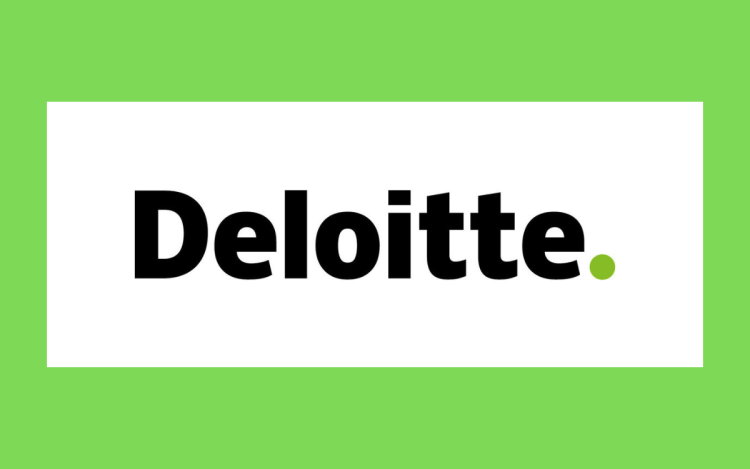Generative AI is a rapidly advancing field that has caught the attention of consulting leader Deloitte. In fact, the company has recently published the first edition of a quarterly survey that delves into the impact of gen AI on the enterprise. Titled “The State of Generative AI in the Enterprise: Now Decides Next,” this survey is the result of gathering insights from 2,800 participants across six industries and sixteen countries, ranging from directors to C-suite executives.
The Power of Generative AI
One significant finding of the survey is that 79% of respondents believe that generative AI will transform their organizations within the next three years. The optimism surrounding the use of gen AI is palpable. However, the focus of most leaders lies in obtaining practical benefits in the present. Key concerns revolve around the potential centralization of global economic power and the subsequent increase in economic inequality.
Interestingly, the survey also sheds light on the primary barriers to AI adoption. Technical talent emerges as the greatest obstacle, followed by regulatory compliance and governance issues.
“That’s a pretty high number that was a good suprise, as well as the fact that the majority of respondents agree that there is a need for more regulation and collaboration,” says Beena Ammanath, the global head of the Deloitte AI Institute. “So that makes me feel very optimistic, that we’re not just focusing on business value creation — there’s still a lot to be done as it scales out, but at the same time, we’re trying to balance it out with the societal impact.”
Ammanath adds that she was also amazed by the extent to which organizations continue to rely on off-the-shelf AI solutions, as opposed to developing focused and industry-specific gen AI solutions. However, she remains hopeful that this trend will shift in the near future. As gen AI technology gains momentum, organizations will likely explore more customized approaches.
The Dual Nature of Gen AI
Ammanath highlights another interesting insight from the survey, revealing that organizations with high expertise in gen AI tend to have a more positive perception of the technology. However, they also face greater pressure and underlying threats. These organizations experience heightened levels of employee interest and technical preparation, but they are acutely aware that falling behind in gen AI adoption could put them at a disadvantage against their competition.
“Leaders of such organizations report higher levels of employee interest and technical preparation, but they’re also feeling more pressure, if they don’t do it, the competition is going to get ahead,” explains Ammanath.
The survey by Deloitte marks the beginning of an ongoing series of quarterly generative AI pulse surveys. It aims to establish a robust baseline for future research. Ammanath clarifies that subsequent surveys will continue to track similar metrics to gauge the evolving landscape of generative AI.










